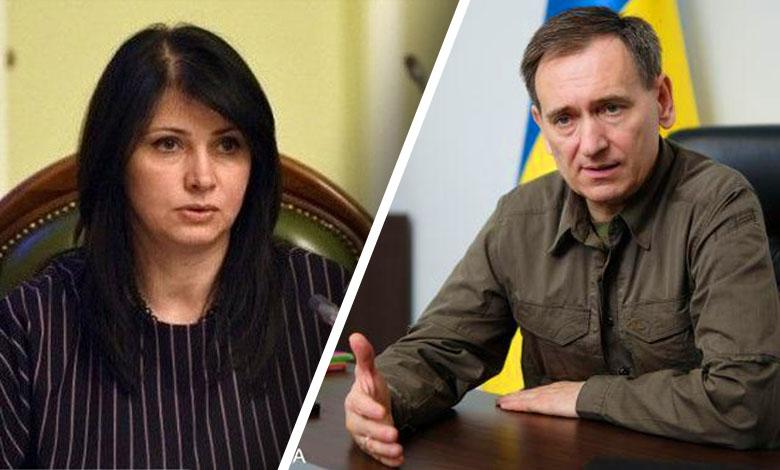What will happen to mobilization in the event of a truce: the position of Fedir Venislavsky and Iryna Friz

In the conditions of the ongoing war, for many Ukrainians the question of mobilization remains one of the most painful and discussed. This topic became especially acute in the light of talks about a possible truce. People are interested in whether the regime of silence will affect the pace of mobilization, whether there will be a prospect of demobilization, and under what conditions it can happen. After all, for many military personnel and their families, the question of terms of service, possible rotation or return to peaceful life is extremely important. The answers to these questions were given by representatives of the parliamentary committee on national security, defense and intelligence — Fedir Venislavskyi and Iryna Friz. They told about what factors affect decision-making regarding mobilization, demobilization and, in general, the further strategy of the state.
Fedir Venislavsky noted that demobilization in Ukraine cannot happen automatically.
“Until the President of Ukraine adopts and the Verkhovna Rada approves the decision to cancel the legal regime of martial law, and the decision to demobilize is approved, there can be no demobilization.” he declared.
Venislavsky emphasized that according to the law on mobilization training and mobilization, such a decision is made exclusively by the president and must be approved by the Verkhovna Rada.
“Demobilization does not happen automatically. According to the law on mobilization preparation and mobilization, the decision on demobilization is made by the president and approved by the Verkhovna Rada. Therefore, there are no options here at all.” – emphasized the people’s deputy.
Regarding a possible reduction in the pace of mobilization in the event of an armistice, Venislavskyi stated that the answer to this question depends on the needs of the General Staff:
“I cannot give an answer to this question now, because it will depend on what needs for mobilization will be formed by the General Staff. If he leaves the needs at the current level, then the pace will be the current. If the needs are reduced, then, accordingly, the pace will decrease. If the needs increase, then, accordingly, the pace will be increased.”
This indicates that even if a temporary regime of silence is achieved, mobilization processes will continue, based on military needs and strategic assessment of the situation at the front.
In her turn, Iryna Friz noted that the presidential decree extending the mobilization and martial law until May 8 is in effect. After this date, the president will make a decision based on the situation at the front.
“As of now, the decree of the president has been passed, it was supported by the parliament. It is about another extension of the mobilization and martial law, which will last until May 8. Further, after that, the president, taking into account the situation at the front, will make a decision for himself regarding the extension or cancellation of the martial law and mobilization and propose that the parliament consider it.” she explained.
Friese also emphasized the interdependence of these two processes:
“It is quite obvious that both of them should either be stopped or continued. My subjective opinion is that we should be ready to fight back against the aggressor. Therefore, if a truce can take place in some foreseeable future, it should not 100% affect the mobilization processes.”
She also emphasized the need to define clear terms of service, as this will avoid uncertainty for the military and simplify mobilization procedures:
“After all, we must finally stop, I mean the government, taking an ostrich position. We must introduce clear terms of service during martial law. For this, the issue of mobilization is absolutely necessary. If appropriate terms are established, then there is a need to prepare a mobilization reserve that will be able to replace those who received the right to be released from military service under the new legislation during martial law. From my point of view, it is unlikely that the issue should be adjusted downward pace”.
Thus, the main position of the representatives of the defense committee is that mobilization processes should not depend on a possible armistice. Defense of the country and readiness for any development of events remain key tasks. Only after the decision to end martial law can the question of demobilization arise, and even then this process will be regulated and controlled in detail at the state level.





